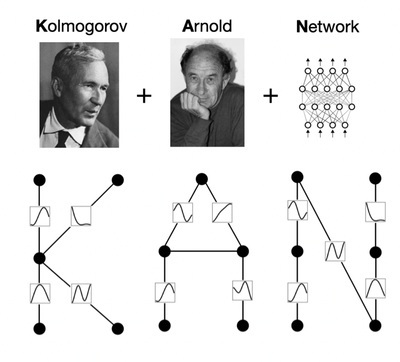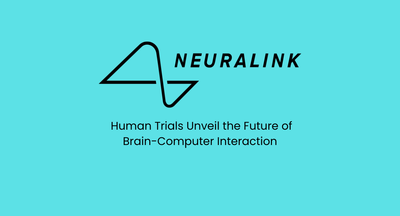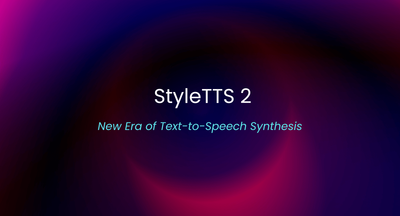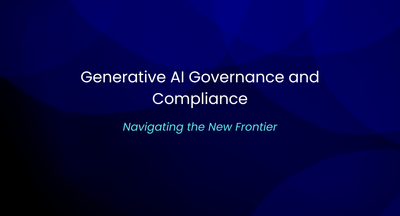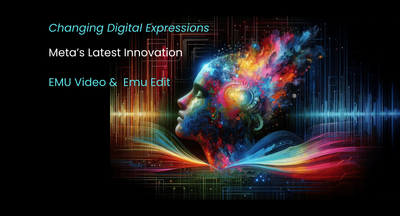Generative AI Value Potential by Functions
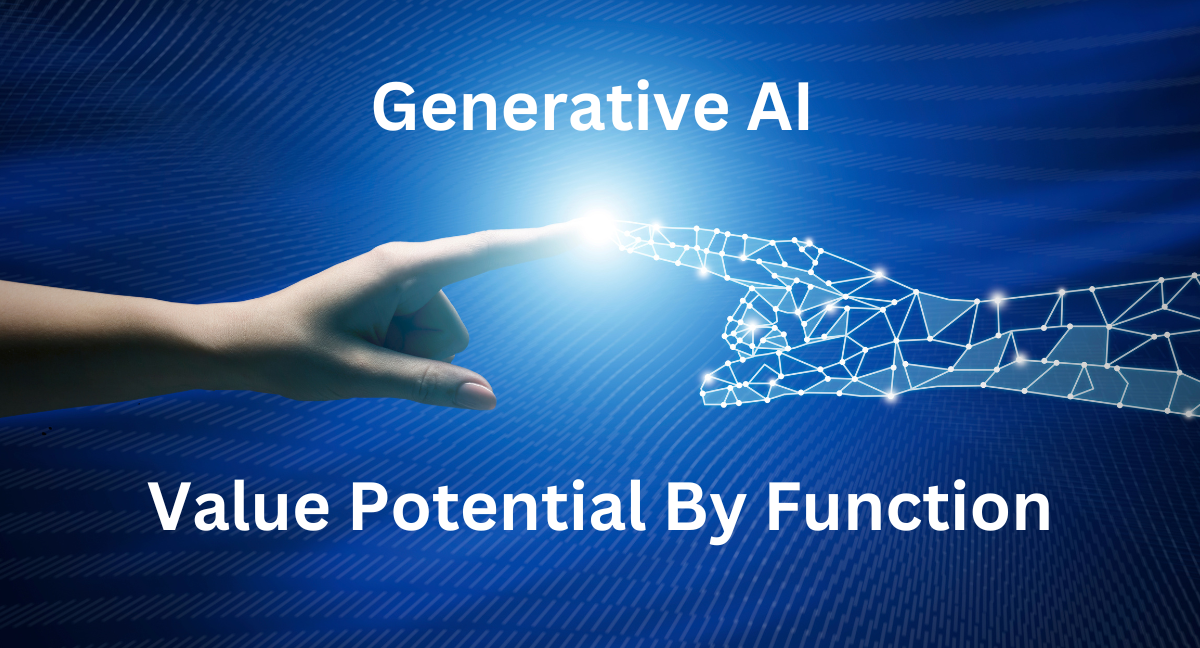
Generative AI has the potential to revolutionize various business functions, but a few key areas stand out due to their significant impact on functional costs. Based on McKinsey & Company's analysis of 16 business functions, four functions emerge as the primary beneficiaries of generative AI: customer operations, marketing and sales, software engineering, and research and development. These functions alone could contribute to approximately 75 percent of the total annual value generated by generative AI use cases.
Transforming Customer Operations with Generative AI
In the realm of customer operations, generative AI holds immense potential for revolutionizing the way businesses interact with their customers. By leveraging digital self-service and augmenting agent skills, generative AI can enhance the customer experience while boosting agent productivity. One notable application is in customer self-service, where AI-powered chatbots deliver personalized responses to complex inquiries, ensuring consistent brand voice across languages and locations. These chatbots have already proven their worth, increasing issue resolution by 14 percent per hour and reducing handling time by 9 percent at a company with 5,000 customer service agents.
Generative AI also empowers human agents during customer interactions. By providing real-time assistance and suggestions, AI-developed call scripts enable agents to access relevant customer data instantly, facilitating tailored and real-time information delivery. Furthermore, agents can benefit from automated summarizations of conversations, allowing them to create records of customer complaints and actions taken. AI-generated insights offer personalized recommendations for follow-up messages or coaching, resulting in improved agent performance.
The impact of generative AI extends beyond individual use cases, transforming the entire customer operations function. For instance, it enables businesses to automate responses to a higher percentage of customer inquiries, freeing up customer care teams to handle more complex issues. Our research indicates that generative AI could potentially reduce human-serviced contacts by up to 50 percent, depending on a company's existing automation levels.
By leveraging generative AI, companies can achieve numerous operational improvements. These include faster resolution during initial contact by instantly accessing customer data, reduced response times through real-time assistance, and increased sales by leveraging AI's ability to process customer information and provide tailored product suggestions. Moreover, generative AI enhances quality assurance and coaching by analyzing customer conversations and providing valuable insights for agent development.
Implementing generative AI in customer care functions has the potential to increase productivity by an estimated 30 to 45 percent of current function costs. However, this analysis only accounts for the direct impact on customer operations, overlooking potential benefits to customer satisfaction and retention. Improved customer experiences and personalized assistance can significantly impact customer loyalty and overall business outcomes.
Transforming Marketing and Sales with Generative AI
Generative AI has the potential to revolutionize marketing and sales functions, empowering professionals to achieve more efficient strategization, enhanced customer awareness, improved consideration, increased conversion rates, and better customer retention. Here's how generative AI can transform marketing and sales:
- Strategization: By efficiently gathering market trends and customer information from various unstructured data sources, such as social media, news, research, and customer feedback, generative AI enables sales and marketing professionals to draft effective communications and make data-driven decisions for strategizing marketing campaigns.
- Awareness: Generative AI allows for highly tailored marketing campaigns that cater to specific customer segments, languages, and demographics. This level of personalization ensures that customers see campaigns that are relevant to their interests, resulting in increased awareness and engagement.
- Consideration: Customers can benefit from generative AI by accessing comprehensive information, comparisons, and dynamic recommendations. For instance, generative AI can facilitate personalized "try-on" or virtual product experiences, enabling customers to make informed purchase decisions and enhancing their consideration phase.
- Conversion: Virtual sales representatives powered by generative AI can emulate humanlike qualities, such as empathy, personalized communication, and natural language processing. These virtual representatives build trust and rapport with customers, increasing the likelihood of conversion and improving sales outcomes.
- Retention: Generative AI helps in customer retention through customized messages, rewards, and AI-powered customer-support chatbots. By delivering personalized messages and rewards, businesses can increase customer loyalty. The chatbots proactively manage customer relationships, resulting in fewer escalations to human agents and a more seamless customer experience.
Generative AI has gained significant traction in marketing and sales due to its ability to create personalized messages, automate content generation, and enhance personalization at scale. However, the implementation of generative AI requires careful consideration, including safeguards against plagiarism, copyright violations, and biased representations. Human oversight remains crucial for strategic thinking tailored to each company's unique needs.
Furthermore, generative AI offers several operational benefits for marketing functions, including efficient content creation, enhanced data utilization, SEO optimization, and improved product discovery and search personalization. These benefits enable marketers to save time, increase personalization, leverage data effectively, and optimize their digital presence for higher conversion rates.
In the realm of sales, generative AI can increase the probability of sales by identifying and prioritizing leads, as well as providing sales representatives with comprehensive consumer profiles and actionable insights. It can also improve lead development by nurturing leads through synthesized product information and facilitating customer conversations. The implementation of generative AI in sales can lead to increased productivity and improved sales success rates.
The introduction of generative AI as a virtual collaborator can augment workers' productivity by rapidly processing data, offering valuable insights, and accelerating knowledge work. This partnership between humans and generative AI can speed up product development processes and allow employees to focus on higher-impact tasks.
Generative AI has the potential to transform marketing and sales functions by enabling personalized communication, data-driven decision-making, and enhanced customer experiences. By leveraging the power of generative AI, businesses can drive growth, improve conversion and retention rates, and stay ahead in the competitive landscape.
Transforming Software Engineering with Generative AI
From inception and planning to system design, coding, testing, and maintenance, generative AI can empower software engineers and product managers with enhanced efficiency, accelerated development, improved code quality, and advanced problem-solving capabilities.
- Inception and Planning: Generative AI can assist software engineers and product managers by analyzing, cleaning, and labeling large volumes of data such as user feedback, market trends, and system logs. This enables better decision-making during the inception and planning stages of software development, leading to more informed and data-driven strategies.
- System Design: With generative AI, engineers can create multiple IT architecture designs and iterate on potential configurations. By leveraging AI-driven tools, software engineers can accelerate the system design process, reducing time to market and enabling faster innovation.
- Coding: AI-powered tools can assist software engineers in the coding process by automating certain tasks. These tools can generate code drafts, provide prompts, and serve as a navigable knowledge base, helping developers write code more efficiently and reducing development time.
- Testing: Generative AI algorithms can enhance functional and performance testing by automatically generating test cases and test data. This streamlines the testing process, ensuring better software quality and reducing the time and effort required for comprehensive testing.
- Maintenance: AI insights derived from system logs, user feedback, and performance data can aid engineers in diagnosing issues, suggesting fixes, and predicting high-priority areas for improvement. Generative AI assists in maintaining software systems by proactively identifying and addressing potential problems.
Treating computer languages as just another language opens new possibilities for software engineering. Generative AI enables software engineers to leverage pair programming, augmented coding, and language models trained on large code repositories to develop applications that generate code based on natural-language prompts.
Generative AI has the potential to significantly increase the productivity of software engineering teams. It can reduce the time spent on activities such as generating code drafts, code correction, refactoring, and system design. Studies have shown that developers using AI-powered tools complete tasks faster, leading to improvements in productivity, job satisfaction, and overall work experience.
While the direct impact of generative AI on software engineering productivity is estimated to range from 20 to 45 percent of annual spending, its benefits extend beyond time savings. Generative AI can improve code quality, enhance IT architecture, and boost productivity across the entire IT value chain. However, the current capabilities of generative AI primarily support initial drafts and require software architects to ensure the quality and integrity of the final product.
Leading technology companies are already offering generative AI tools for software engineering, such as GitHub Copilot and Replit. These tools, integrated with powerful language models, empower software engineers with AI assistance, making coding and development more efficient and effective.
Transforming Product R&D with Generative AI
Generative AI has the potential to revolutionize product research and development (R&D) by introducing new efficiencies, accelerating design iterations, and enabling innovative approaches. By leveraging generative AI technologies, researchers can enhance early research analysis, virtual design, virtual simulations, and physical test planning, resulting in improved productivity and cost savings. Here's how product R&D could be transformed:
- Early Research Analysis: Generative AI can assist researchers in market reporting, ideation, and drafting product or solution concepts. By leveraging AI-powered tools, researchers can gain valuable insights from large volumes of data, accelerating the analysis process and facilitating more informed decision-making.
- Virtual Design: Researchers can employ generative AI to generate prompt-based drafts and designs, allowing for quick iterations and providing a broader range of design options. This enables faster exploration of design possibilities and streamlines the virtual design phase.
- Virtual Simulations: Combining generative AI with deep learning techniques, researchers can accelerate and optimize virtual simulations. This approach enhances the efficiency and effectiveness of simulations, enabling faster decision-making and reducing resource requirements.
- Physical Test Planning: Generative AI can optimize test cases, leading to more efficient physical testing and reduced time required for physical builds. By leveraging AI algorithms, researchers can strategically plan and execute tests, improving the overall efficiency of the testing phase.
Generative AI's potential impact on product R&D is estimated to range from 10 to 15 percent of overall R&D costs. Industries such as life sciences and chemicals are already utilizing generative AI in their R&D processes, particularly in generative design. By leveraging generative AI models, researchers can accelerate the development of new drugs, materials, and other physical products. For example, biotech pharmaceutical companies are pairing generative AI with automated synthetic development tools to design small-molecule therapeutics.
Generative design techniques, combined with generative AI, offer advantages over traditional machine learning approaches by providing broader application areas and faster time-to-market. These techniques can optimize material selection, improve manufacturing designs, reduce costs, and enhance product testing and quality.
Additionally, the use of deep learning surrogates in conjunction with generative AI can further enhance R&D outcomes. Deep learning surrogates emulate physics-based simulations at higher speeds, enabling faster testing and decision-making on product designs. These surrogates reduce the time and resource-intensive nature of traditional virtual simulations, allowing researchers to test more designs efficiently.
While estimating the direct impacts of generative AI on R&D, it is important to recognize that generative AI also has the potential to create entirely novel product categories. These innovations can lead to significant advancements, not only for individual companies but also for overall economic growth.
Generative AI's value potential extends beyond text-based applications. Recent advances in generative AI have unlocked breakthroughs in image generation, audio processing, and video manipulation. These multimodal capabilities can find effective applications in R&D, enabling generative AI systems to create initial drafts of circuit designs, architectural drawings, structural engineering designs, and thermal designs based on prompt descriptions.
Across 63 analyzed use cases, generative AI has the potential to generate a value of $2.6 trillion to $4.4 trillion across various industries. The actual impact will vary based on factors such as the industry's revenue scale and the mix and importance of different functions within the industry.
Overall, Generative AI holds tremendous potential for transforming product R&D by introducing efficiencies, accelerating design processes, and unlocking innovative approaches. By leveraging generative AI technologies, researchers can enhance their capabilities, streamline workflows, and drive significant value across industries.
Reference: McKinsey & Company Report on The economic potential of generative AI: The next productivity frontier
We research, curate and publish daily updates from the field of AI. Paid subscription gives you access to paid articles, a platform to build your own generative AI tools, invitations to closed events and open-source tools.
Consider becoming a paying subscriber to get the latest!
No spam, no sharing to third party. Only you and me.

